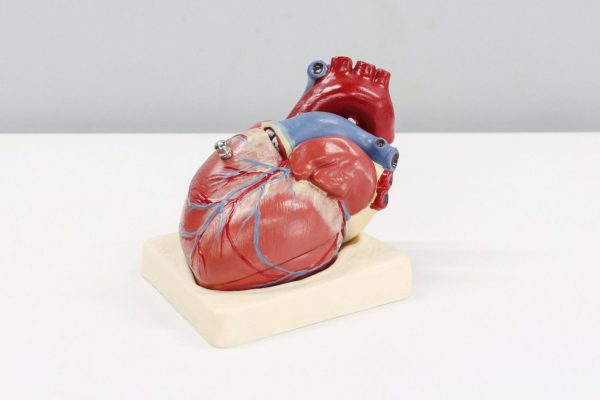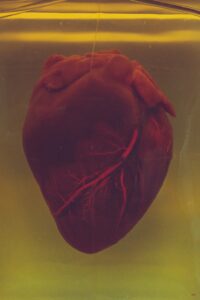
Could a smart speaker be able to detect arrhythmias with clear signs of announcing a heart problem? Here is a curious technology developed by the University of Washington.
For a few years now, the new digital environment in which we find ourselves has served to respond to multiple problems that occur on a day-to-day basis. Innovation in this area has allowed us to enjoy new solutions to face different types of solutions. In this sense, the options present in the field of AI in healthcare seem to be the most prominent.
The best example of this is shown by the number of products that have appeared in the sports big data market. In addition to this technology, new cases have been observed that are worth noting. Who doesn’t know about Apple’s smartwatch division? The apple firm has made this product a benchmark in terms of electrograms.
Now a New Project Has Drawn Attention in The Healthcare Sector
An intelligent speaker has been developed by the University of Washington. The speaker allows knowing cardiac anomalies. In addition to being able to listen to our favorite playlists, it is capable of detecting any possible abnormal heart rhythm. It can be, therefore, a key element to take into account to be able to know at the moment if there is something that is not going well in the body.
The idea has been proposed by a number of researchers and students at the University of Washington (UW). In the project, it has been possible to obtain patterns of behavior of the heart that, curiously, are in continuous development. This is mainly due to the inclusion of a somewhat special continuous learning program.
Yes, artificial intelligence (AI), once again, has been part of a complete system that will allow, if it finally ends up being commercially profitable, to have an element capable of sounding the alarm in the event of an anomaly. And you, would you trust a device with these characteristics for the simple fact of detecting any possible failure in the heart rhythm? This is how it would work.

A Speaker That Includes Differential Artificial Intelligence
The key to this technology is similar to what can be seen in other devices with similar characteristics. Why are the Apple HomePods, Sonos, or Google Nests capable of recognizing your voice despite other people in the room? The inclusion of several microphones located in specific areas is the one that has the key to it. The AI-based speaker continues to be tested by researchers.
Arrhythmias can be the loudspeaker that there is some abnormality that is affecting the body. It can point to a potential problem that can translate into illness. That is why it is essential to know first-hand these sudden changes in the heartbeat. This speaker is in charge, continuously and silently, to analyze any possible mismatch.
The analyzed sample demonstrated the worth of this loudspeaker technology the only condition to ensure the capture of the required information is to have this technology at a distance between 30 and 60 centimeters. It is the analysis that is carried out between each pair of beats that allows us to know any possible anomaly. Now, how do you know that the necessary tests have been carried out and determine, thus, that this innovation works?
To carry out the tests, a total of 26 healthy participants and 24 patients with different heart conditions underwent the study. The objective was to find out to what extent this technology was capable of detecting cases in which, indeed, an abnormal situation occurred in terms of the rhythm of the heart. The key was to analyze the time required between each pair of beats.
Surprising Results to Knowing Any Heart Condition
While the artificial intelligence-based system was able to detect a transition of 12,300 beats between healthy participants, a trace between beats was achieved within 28 milliseconds. In the case of people with heart disease, 5,600 beats were monitored, which allowed for establishing a relationship between healthy people and others.
It is a technology that still needs to incorporate more information to offer a very accurate analysis. In addition, the path of this innovation would not be related to the inclusion of hardware components, but rather to the solution that incorporates all the analyzed data collection. The objective is, therefore, to alert of any possible anomaly.
We will have to wait a while to know if, finally, we are facing a proposal that allows standardizing a solution that could save many lives. Can you imagine being able to enjoy a product with these characteristics with the capacity to report any health problem related to the heart? A boost from this technology is expected in the coming years.
